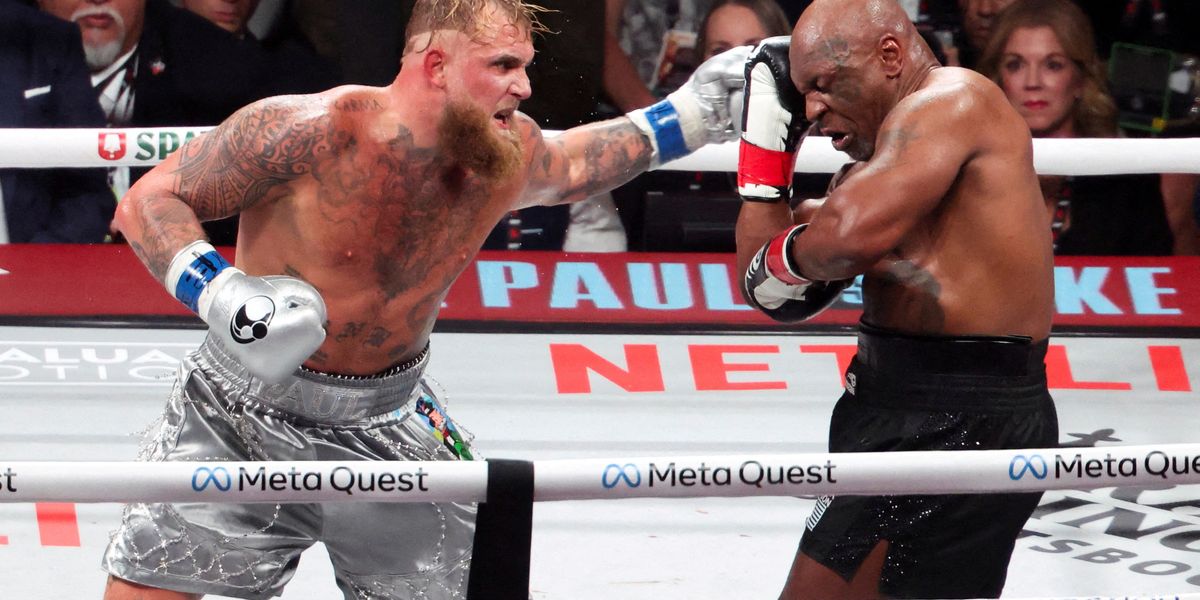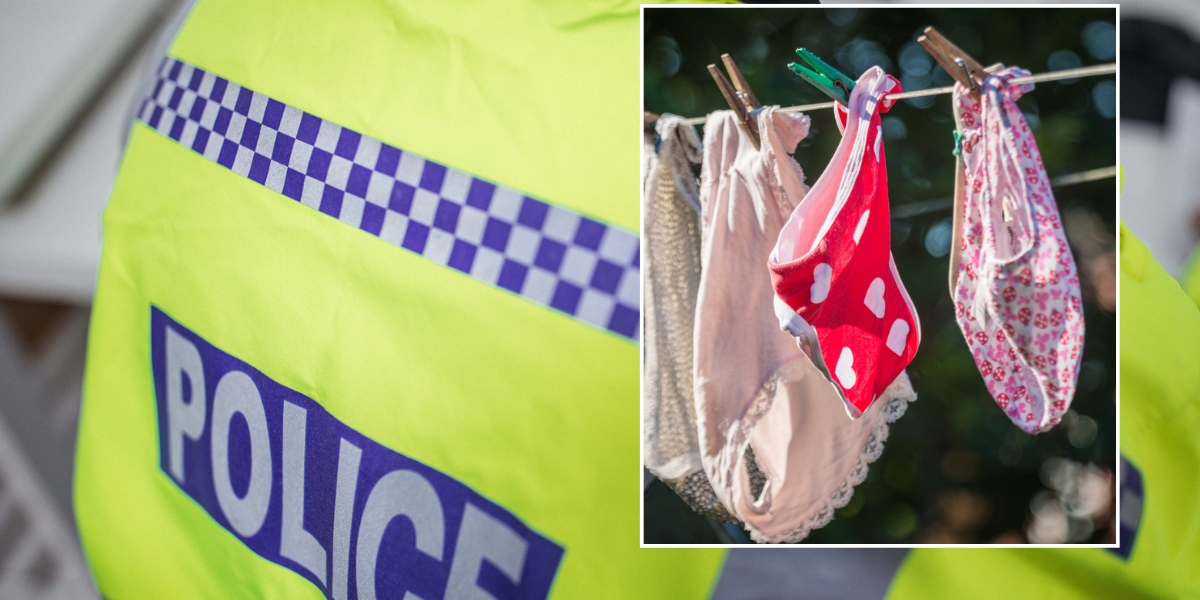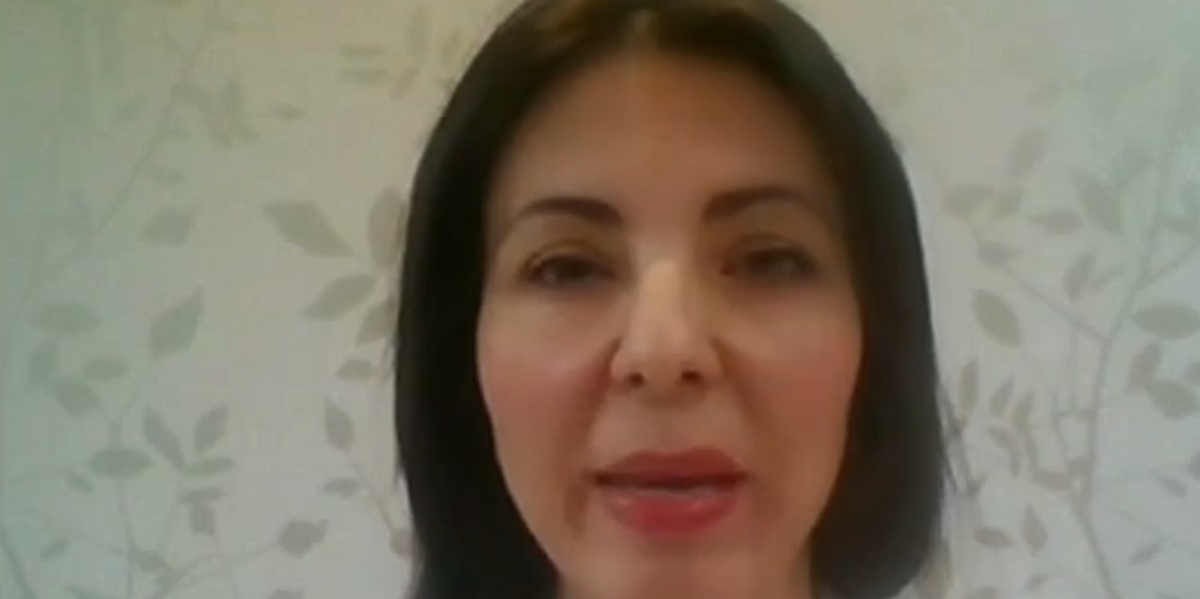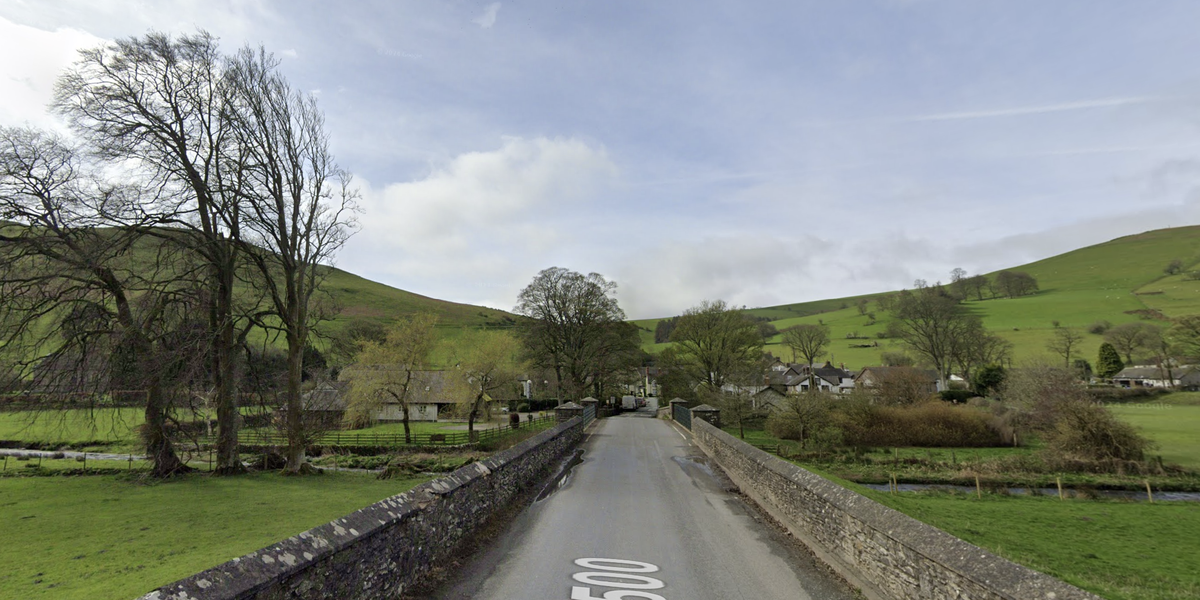Just days after the United Nations accused his military of brutally driving what eventually became 1 million Rohingya out of the country, Myanmar's then-army chief Min Aung Hlaing declared his position on the minority Muslim community.
"They are not the natives," he told the U.S. ambassador, according to an account of the October 2017 meeting posted on his Facebook page at the time.
On Wednesday, the prosecutor of the International Criminal Court said he would seek an arrest warrant for Min Aung Hlaing - now the leader of Myanmar's ruling junta that in 2021 overthrew an elected government - for crimes against humanity over the alleged persecution of the Rohingya.
Myanmar's junta said in response that the country was not a member of the ICC and did not recognise its statements.
A spokesperson for Myanmar's ruling junta did not answer calls from Reuters immediately after the announcement. Reuters has requested comment from the military government by email.
The prosecutor's application, which will be ruled on by a panel of three judges, comes as the veteran general finds himself as his weakest position since toppling a civilian government led by Nobel laureate Aung San Suu Kyi.
The Myanmar military, also known as the Tatmadaw, justified the coup on the grounds that a 2020 general election won by Suu Kyi's National League for Democracy was riddled with widespread fraud, an accusation the NLD denied.
Suu Kyi is currently in prison, serving a 27-year sentence for various alleged offences that her lawyers say she did not commit.
The European Union and the United States have imposed sanctions on Min Aung Hlaing for his role in the coup and the Rohingya crackdown, including bans on travels and financial transactions and asset freezes.
The dawn putsch in February 2021 also triggered a wave of pro-democracy protests that the well-armed security forces crushed with trademark brutality, pushing legions of young men and women into a grassroots armed resistance against the junta.
The anti-junta forces have steadily expanded and increasingly collaborated with established ethnic armies that have long battled the Myanmar military to wrest large tracts of territory away from the junta.
In particular, a coordinated offensive launched last year by an alliance led by three powerful rebel groups called "Operation 1027" has hammered the Tatmadaw near the Chinese border and captured the northeastern town of Lashio, marking the first seizure of a regional military command in Myanmar's history.
Yet, even before Lashio fell to anti-junta groups, Min Aung Hlaing was under unprecedented pressure for a series of battlefield losses, including criticism from hardline pro-military Buddhist monks, journalists and bloggers.
But he remains defiant.
"Our people have been fighting against external invaders and various internal insurgents by joining hands with Tatmadaw," Min Aung Hlaing said in a speech in August.
"All our people have to support and contribute to Myanmar Tatmadaw with sacrifice of life, blood, and sweat."
MAN OF FEW WORDS
Min Aung Hlaing studied law at Myanmar's Yangon University in the 1970s, but steered clear of the political activism and anti-military protests that were widespread at the time to instead focus on winning a seat at the Defence Services Academy, which he finally entered in 1974 on his third attempt.
"He was a man of few words and normally kept a low profile," a classmate told Reuters in 2016.
After graduating three years later, Min Aung Hlaing kicked off a career that went to include assignments leading elite light infantry divisions often deployed in conflict areas in the country's restive borderlands.
As a special operations commander in 2009, for instance, he oversaw the deployment of an infantry division to drive armed rebels from an enclave of eastern Myanmar, leading to some 37,000 people fleeing across the border into China.
In 2011, he was handpicked by Myanmar's former military ruler Than Shwe to become the commander-in-chief of the armed forces, superseding more senior officers, as the country made tentative steps towards democratic reforms.
Six years later, as the Myanmar military bore down on the Rohingya, Min Aung Hlaing held a widely publicised security meeting with Buddhist community leaders in Rakhine state, the site of the 2017 crackdown.
There, referring to the largely stateless Rohingya as "Bengali" - a term they regard as derogatory as it implies they are interlopers from neighbouring Bangladesh - he said their presence was a problem left over from British colonial rule.
"The Bengali problem was a long-standing one which has become an unfinished job," he said. REUTERS

 By The Straits Times | Created at 2024-11-27 15:50:54 | Updated at 2024-11-30 16:32:35
3 days ago
By The Straits Times | Created at 2024-11-27 15:50:54 | Updated at 2024-11-30 16:32:35
3 days ago








